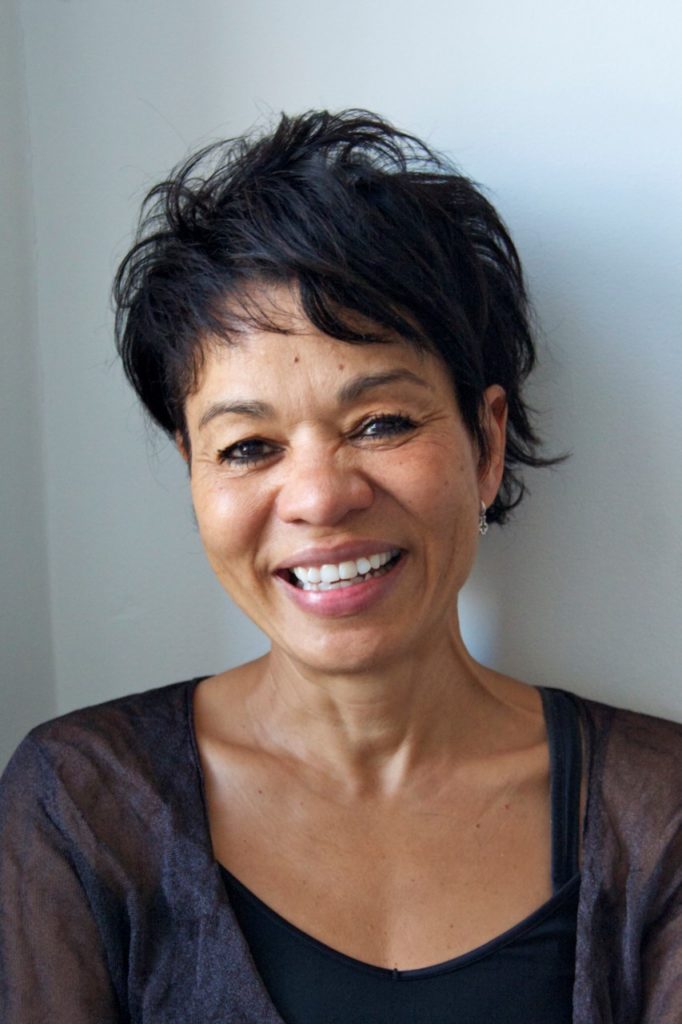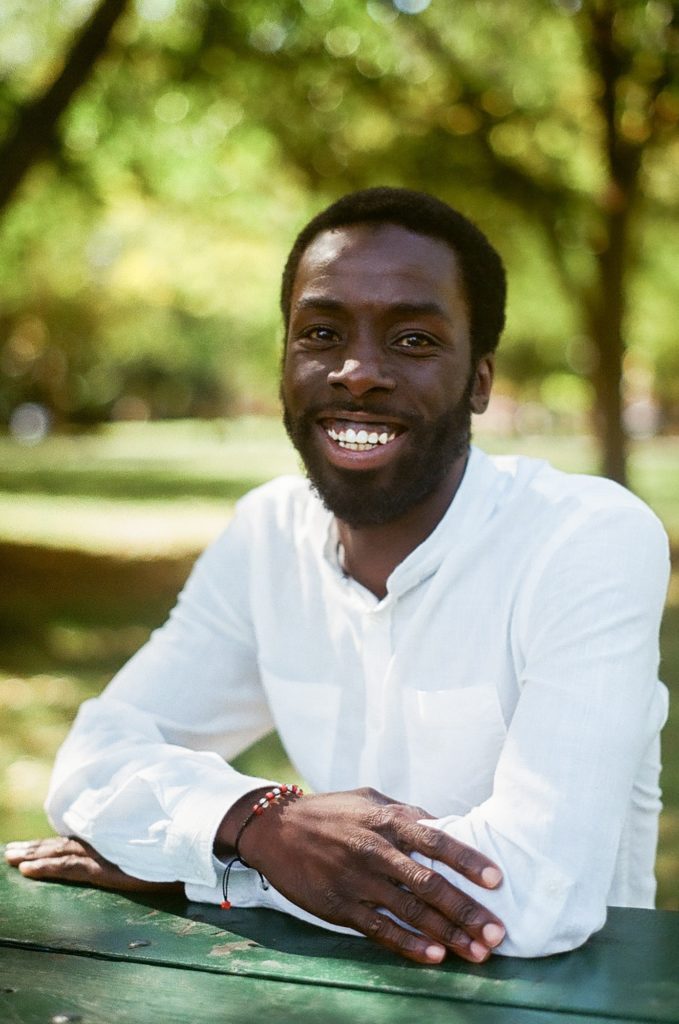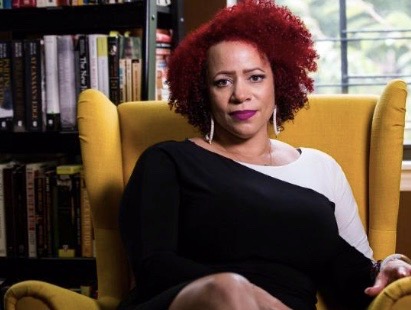Shame on Me: An Anatomy of Race and Belonging by Tessa McWatt
The Skin We’re In: A Year of Black Resistance and Power by Desmond Cole
Conversations in Black: On Power, Politics, and Leadership by Ed Gordon
The 1619 Project, edited by Nikole Hannah-Jones
By Gail Picco (February 27, 2020)
Shame on Me: An Anatomy of Race and Belonging, Tessa McWatt, Random House Canada, March 24, 2020, 224 pp., $24,70

On sale March 24th, Shame on Me is the latest work from accomplished novelist, Tessa McWatt who came to Canada from Guyana when she was three years old. A 23 & Me reading of her ancestry might include African, Chinese, Amerindian, Indian, Portuguese, French, English, Scottish. Shame on Me is her answer to a Grade 3 teacher who asks her “What are you, Tessa?”
“You know people are certain things,” she says, still trying to help, but wounding me deeper with every second she allows the class’s eyes to remain on me. “Things like, say, Mexican …” She waits, but I have nothing. “Brazilian … Filipino…” she carries on, offering possibilities she sees in my face, but in that moment, I hear only words that describe all the things that everyone else in the room is not.
McWatt’s story is a singular tour through the lives of generations of men and women who contributed to McWatt’s racial identity, and who had themselves experienced extraordinary twists of fate and been at the receiving end of powerful political forces. She calls her background, “the forced intimacy of four continents of which I was the symbolic child, the miscarriage of colonialism.”
Shame on Me chronicles McWatt’s changing view of herself as a “miscarriage of colonialism” to “ensuring that my politics became more about ensuring that those whose stories were opposed were heard, rather than the politics of group identities.” Complete with historical illustrations and photos of herself as a child, McWatt provides the reader a potent geographic history from through the eyes of a child trying to answer, “who am I?” to an adult taking her stand. Beautifully written.
The Skin We’re In: A Year of Black Resistance and Power, Desmond Cole, Doubleday Canada, January 28, 2020, 256 pp., $27.74

Photo: Kate Yang-Nikodym
When Desmond Cole wrote his exposé of the Toronto Police Department’s treatment of Black people in Toronto Life magazine in 2015, it was the revelation that he had been carded 50 times that elevated the story into national prominence. Fifty times! How could that happen to a nice young man like Cole, who had attended Queen’s University, taught French in the suburbs, worked with at-risk youth, ran for city councillor and, at the time, was a regular columnist for the Toronto Star, Canada’s largest newspaper.
That Desmond Cole blew open the whole issue of carding racialized people in Canada, especially young Black men, is not an overstatement. Carding or Community Contacts Policy “allows police officers to detain, question, and store personal information about individual people’s addresses, height, weight, skin colour, accent etc. into a vast police database; all without arresting the individual.” Carding has been in practice since the 1950s. In 1957, Toronto police were given actual cards, called “Suspect Cards,” to document and forward information about persons of interest to detectives.
Cole used his increased profile to increase his activism against police policies including disrupting a police board meeting and calling for the destruction of the data collected through carding. The Toronto Star ended his column in 2017 saying his activism was against company policy.
And the year 2017 is where we find Cole in The Skin We’re In. He documents the events of his own live month-by-month in that year and covers significant events in the broader context. It’s a writing great device, a one-year ride along with Cole as he bears witness and writes about what he observed and researched with unyielding commitment and reportage. A must-read for anyone interested in the city and how racism permeates our political and social structures.
Conversations in Black: On Power, Politics, and Leadership, Ed Gordon, Hachette Books, January 20, 2020, 272 pp., $22.38

Photo: Nick F. Nelson
If you’re watching American cable news lately, you will have been treated to a choir of thoughtful analysts who are not only bringing an African-American perspective to the uncertainty of the Trump era, they are giving voice to the history of the development of the largest economy of the world, from the side of the people whose labour built that economy. Award-winning journalist Ed Gordon acts as conductor for this impressive choir, a project he began in 2012, just after Treyvon Martin had been killed by a so-called neighbourhood watchman. As Gordon states in his introduction, Michael Brown, Laquan McDonald and Sandra Bland were still alive when he started the book.
As a television journalist, Gordon often found the best discussions happened after the camera was turned off. For this book, he’s doing follow-up interviews with a who’s who of American historians, activists, politicians and artists. Charlamagne tha God, Stacey Abrams, Al Sharpton, Tarana Burke, Van Jones, Harry Belafonte and many more talk about The State of Black America, After Obama, The New Black Voting Muscle and The Changing Face of Black Leadership.
Gordon says,
Today, amid a drastically changed political and social landscape, this book resurrects the best strategic moves, new narratives, and next steps the Black community needs to adopt to move the needle back toward progress. This book is intended to be a discussion starter …”
If you are interested in political organizing of any kind, this book is a primer.
One of the most extraordinary newspaper series of all time
The 1619 Project, edited by Nikole Hannah-Jones, New York Times, August 16, 2019, 99 pp., USD $5.00
“In August of 1619, a ship appeared on this horizon, near Point Comfort, a coastal port in the English colony of Virginia. It carried more than 20enslaved Africans, who were sold to the colonists. No aspect of the country that would be formed here has been untouched by the years of slavery that followed. In the 400th anniversary of this fateful moment, it is finally time to tell our story truthfully.”

And, so begins one of the most extraordinary newspaper series of all time, edited by Nikole Hannah-Jones, with contributions from other New York Times’ writers, on the history of slavery in the United States and to commemorate the 400th of the Point Comfort landing in 1619.
As a journalistic endeavour, the sweep of The 1619 Project is extraordinary. It reframes the growth of the “greatest country on earth” from one built on the idea of freedom, natural rights and equality to one built on the back of the slave trade and that white people continue benefit economically from institutional racism. The project has developed school lesson plans, pod casts and other interactive elements.
News sources, such as Real Clear Politics, which describes itself as conservative or right wing are not enamoured of the project. But in light of the political forces unleashed in our time, the contribution of The 1619 Project is enormous. The photos and illustration tell the story with unnerving immediacy. And coupled with Conversations in Black: On Power, Politics, and Leadership by Ed Gordon, briefed above, is a hugely accessible graduate level course in American history.
The New York Times has put the series together in a 99-page magazine, available here for USD $5.00. It’s sold out right now, but they are printing more copies and you can give them your email address so they can let you know when more are available.
(Gail Picco is a charity strategist, author, writer and editor.)



